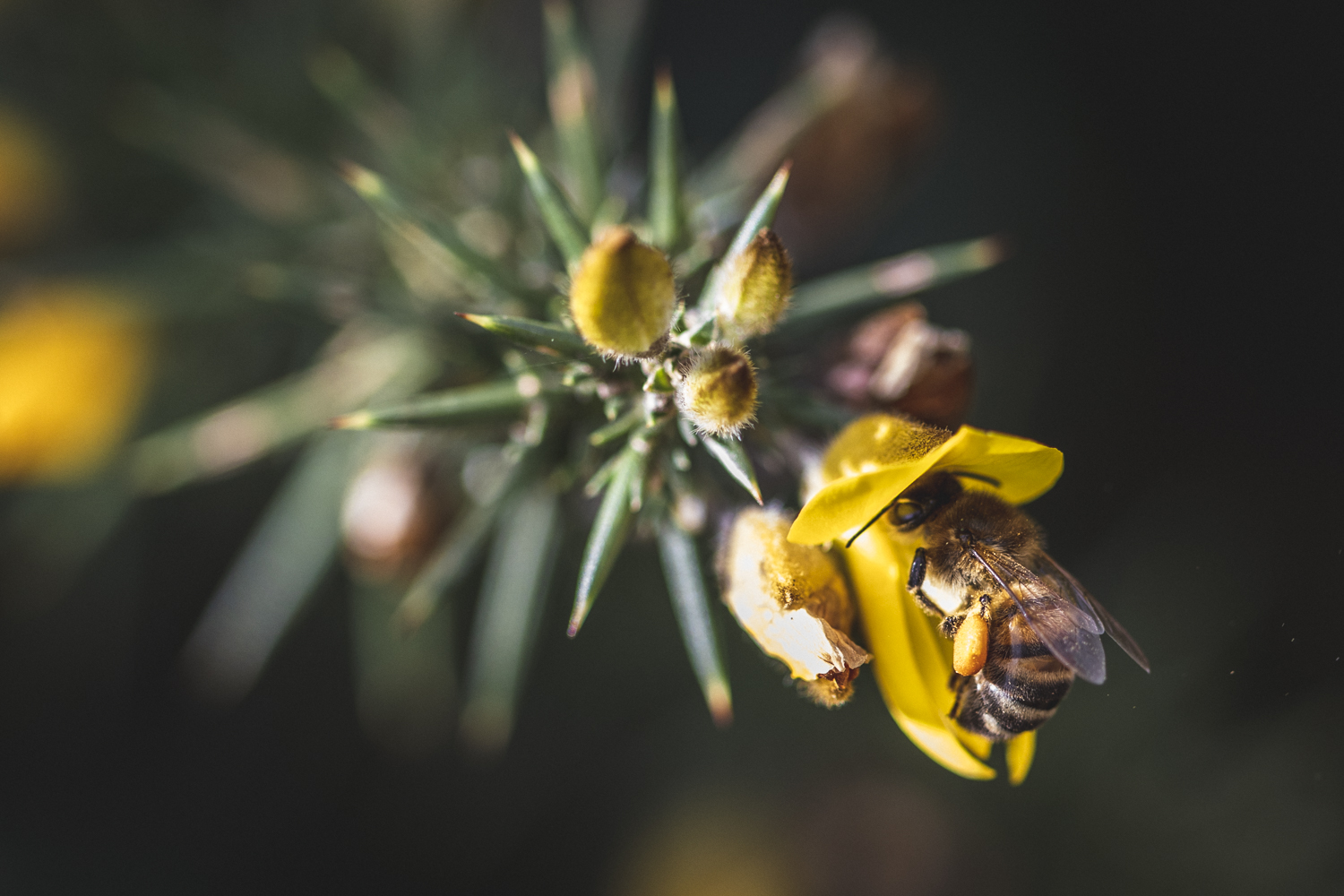The government has ratified the emergency use of a previously banned insecticide in order to help UK sugar beet farmers affected by large crop losses.
Neonicotinoids were banned in April 2018 by the EU as they were proved to be harmful to bee populations.
The UK government have regressed on this EU-wide ban in granting an emergency use of sugar beet seed treated by the pesticide. This means that the pesticide is not sprayed on the crop but instead the seed is coated with the pesticide. Farmers have pointed out that sugar beet does not flower hence minimising the risk to pollinators, but systemic pesticides, like neonicotinoids, are known to leak into soil and dust.
In response, campaigners have sent a joint open letter to Defra secretary of state, George Eustice, calling for the approval to be reversed, with signatories including the Pesticide Action Network, The Soil Association and environmental lawyers Client Earth.
Sugar beet farmers have been heavily impacted by the yellows virus, caused by abnormally high influxes of aphids due to a mild winter. Yields have been affected on average by 30-40 per cent and some farmers have experienced losses of up to 80 per cent.
Cambridgeshire sugar beet farmer, and conservationist, Tom Clarke told Wicked Leeks that: “It’s sad it’s come to this; it’s not the future and the aim is to produce sugar without any chemicals at all.
“It’s a shame that we’ve been forced into a position where there might not be a UK sugar industry next year if we get the same virus, because growers cannot tolerate average losses of 30 per cent; people can’t afford to lose money.”
Clarke said the UK sugar industry provides jobs to just under ten thousand people, and provides 50 per cent of the UK’s total sugar, adding that “the UK produces some of the most environmentally friendly sugar”, compared with the pesticide use on imported sugar.

Neonic pesticides have become a focal point for the growing campaign to protect bees and pollinators, which are facing catastrophic declines due to intensive agriculture and climate change. The Wildlife Trust published a report last year outlining how moving away from toxic chemicals in farming is key to restoring populations.
The government statement re-approving neonics said that the Defra secretary of state had “noted the potential benefit from the use of the product outweighs the environmental risks.” But he also conceded that “the aspects of the environmental risk assessment, and particularly the risk to bees, do not fully meet the normal requirements for normal authorisation.”
Clarke told Wicked Leeks that “the conditions for its [neonics] use are subject to some of the strictest to have ever passed. The Rothamsted Research Institute will monitor the conditions to ensure that the use is necessary. If it stays cold, then we won’t need it and its use won’t be approved.”
But Vicki Hird, head of farming at sustainable food and farming alliance Sustain, said it was a backwards step for agriculture. “This derogation to use bee-toxic neonicotinoid insecticide on sugar beet will not be encouraging the industry to develop alternative approaches – using all the tools in the integrated pest management toolkit.”
She added: “If it goes ahead it must be just that – a one off emergency response only. Including in the exemption rules that farmers destroy nearby flower strips with herbicides – to stop insects coming close – just shows how harmful neonicotinoids are. It makes a bad decision worse and should be removed.”
In the joint letter, campaigners wrote: “The government has an opportunity here to take a different course, to help farmers tackle the ecological emergency and adapt to climate change.
“As a group of academics, farmers, faith leaders and individuals and organisations representing a broad range of environmental and health concerns we urge the UK government to reverse this decision and instead invest in supporting farmers to research and adopt non-chemical alternatives to farm with nature instead of against it.”















The case for using neonicotinoids fails because there are alternatives.
On a crop that is as easy to spray as sugar beet any bee friendly contact spray will give good control, although the farmer will need more applications which is probably why they discount the use.
Also a new Bayer systemic pesticide called Flupyradifurone gives the same superior control as neonicotinoids but is virtually harmless to Bees.
So why have sugar beet farmers been so affected by yellows virus if they have this superior pesticide?
I guess they haven’t even tried it because its more expensive.
Neonicotinoids are banned in the EU but do sugar beet growers in member states have similar yellow virus problems? I can’t believe that sugar beet cultivation is confined to the UK so how do continental growers deal with it?
Hi Stewter1, Neonicotinoids are currently in use across the EU under ’emergency’ authorisations. Greenpeace Unearthed investigation found that in the two years since the ban was agreed, EU countries have issued at least 67 different “emergency authorisations” for outdoor use of these chemicals.. This is supposed to be short term and under specific circumstances, but some (Client Earth amongst others) say that this loophole is being abused by repeatedly being used rather than looking for longer term alternative solutions.
Tom Clarke is in a live debate tomorrow night around this. Should be an interesting debate https://www.wildlifetrusts.org/events/wild_live_bee-pesticides
Another good reason to use less/no sugar! And while we’re at it – perhaps stop stealing ALL bees honey (replacing it with sugar water- like THAT’s not going to be harmful!)
Bees have to work so hard to survive in our humancentric world – lets try helping them instead of always helping ourselves…